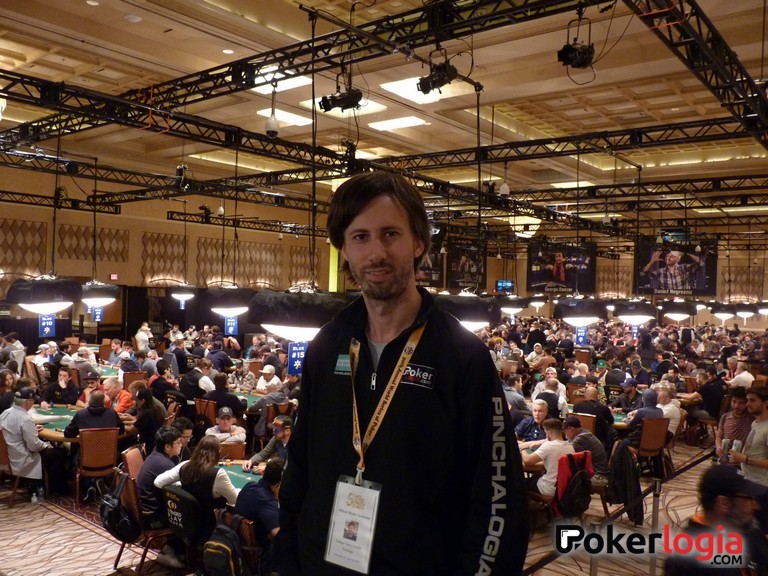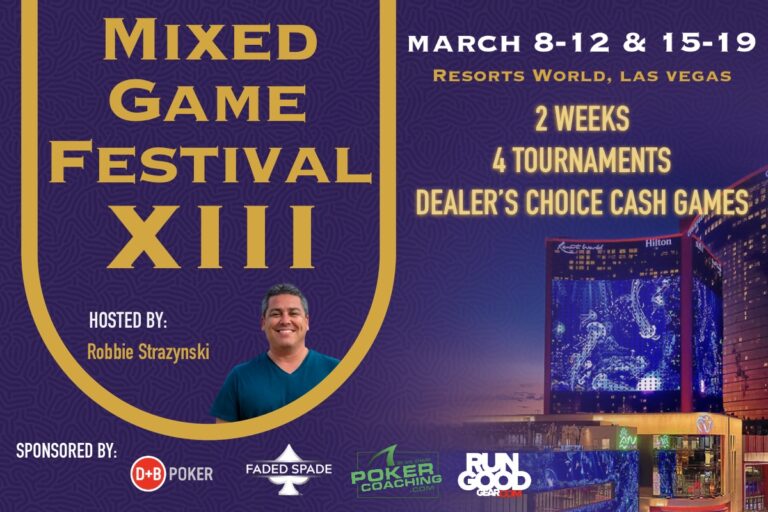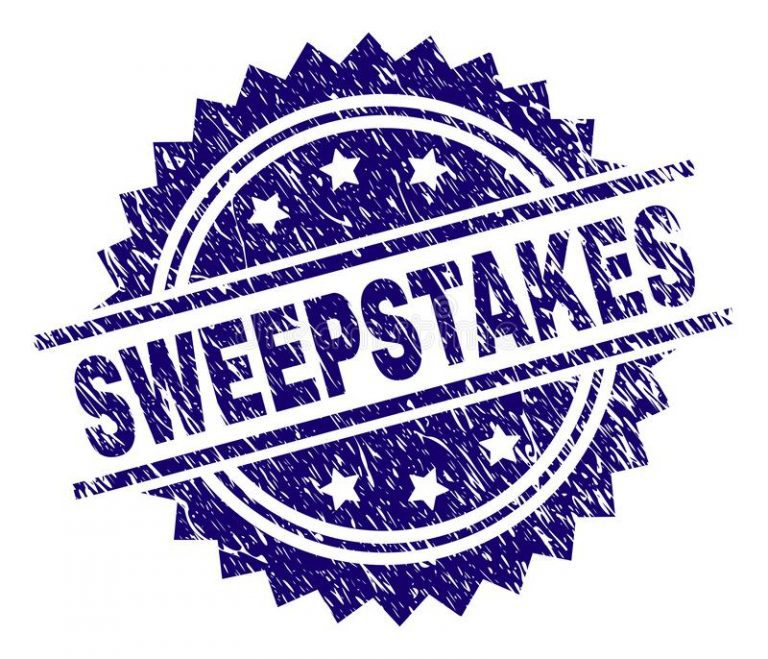In 2021, Lena Evans, who has $371,000 in lifetime tournament earnings as well as two WSOP Circuit rings, gave a TEDx talk about the benefits of poker for the mind and body. That talk sparked the writing of the book The Poker Powered Brain, which was published last month and has been garnering rave reviews. We reached out to her to learn about her writing process and the idea of bringing together top poker players to share their advice in the book. After the interview with Lena, you can read a brief review of the book.

Interview with Lena Evans
In 2021, you were invited to give a TEDx talk. Why did you choose poker as the topic of your talk?
I chose poker for the subject of my TEDx talk because it is an unexpected yet powerful lens through which we can explore brain health, mental acuity, and emotional discipline. While most people view poker as a game of chance, I see it as a tool for cognitive training. Poker requires focus, memory, pattern recognition, emotional regulation, and decision-making under uncertainty, all of which are essential for maintaining and enhancing brain health.
In a world that constantly demands mental agility, poker provides a structured way to train the mind in a high-stakes but controlled environment. It teaches us how to stay calm under pressure, sharpen our thinking, and manage risk —all critical skills not just at the table, but in everyday life. My goal with the TEDx talk was to reframe poker as more than a game; it is brain training disguised as entertainment.
How did the idea of turning that talk into a book come about?
After the TEDx talk, I was surprised by the number of people who reached out. It wasn’t just poker players, but also professionals, educators, and even mental health advocates. They were intrigued by the idea that poker could serve as a framework for promoting long-term brain health, developing and sharpening mental skills, and emotional discipline. That response made me realize there was a much bigger story to tell.
The TEDx talk barely scratched the surface. I saw an opportunity to expand on the concepts: how poker challenges the brain in ways that promote cognitive resilience, how it mirrors life’s uncertainties, and how the lessons learned at the table can help people think more clearly, make better decisions, and manage stress. Writing a book felt like the natural next step: a way to take what started as a 16-minute talk and turn it into a deeper, more practical guide for
people who want to train their minds, not just win at poker.
What was the writing process like? How long did it take?
This has been my first foray into authorship. The writing process was challenging and deeply rewarding. I started with a clear vision: to use the TEDx talk as the foundation for the book, add neuroscience-backed insights about brain health and mental performance, and blend personal stories and lessons from the poker table. However, turning that vision into a coherent narrative took time, reflection, and considerable rewriting.
It took nearly four years from start to finish. I approached it like training for a tournament: disciplined, structured, and intentional. Some days, the words flowed effortlessly; other days, it was more about sitting with complex ideas and figuring out how to make them accessible and engaging for a broad audience.
I also spent a considerable amount of time researching — delving into neuroscience, psychology, and decision science — so I could substantiate the core message: that poker is not just a game, but a tool for mental sharpening and emotional mastery. It was a mental marathon, but one that aligned perfectly with the message I wanted to share.
You put together a true dream team of poker playing collaborators for the book. What factors did you consider when choosing them?
I was very intentional in selecting collaborators. I wanted players who were not just exceptional at the game, but who also embodied the deeper themes of the book: mental discipline, emotional resilience, and the pursuit of personal growth through poker.
I looked for people with diverse backgrounds and playing styles, but with one common trait: they all treat poker as more than just a way to make money — they see it as a mental craft. Many of them have compelling life stories, teachable philosophies, or have overcome significant challenges through their relationship with the game. I also prioritized those who could speak to the cognitive and emotional demands of high-level play — people who think deeply about how poker sharpens the mind, builds focus, and cultivates calm under pressure. Ultimately, I wanted voices that could inspire readers, whether they play poker or not, and help show how the principles of the game can apply far beyond the felt.
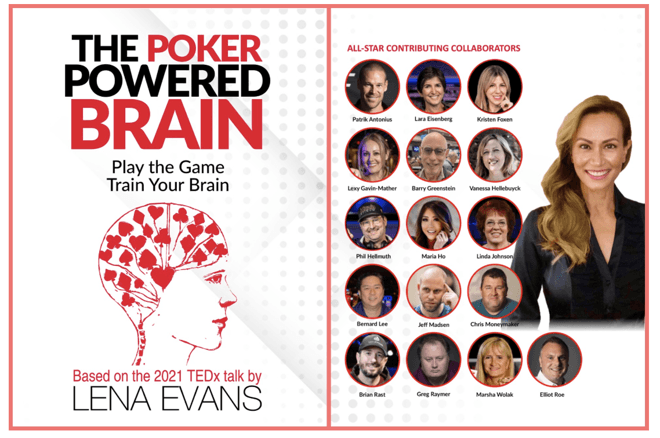
What did you enjoy most about writing the book?
What I enjoyed most about writing the book was the process of connecting the dots, namely taking lessons from the poker table and translating them into tools for brain health, everyday life, and personal growth. Writing the book allowed me to reflect deeply on how poker has shaped my thinking, my approach to handling pressure, and my perspective on uncertainty. It was incredibly fulfilling to articulate those insights in a way that could help others sharpen their minds and strengthen their emotional resilience.
I also loved the dialogue with the collaborators. Hearing their stories, philosophies, and mental frameworks reminded me just how rich and intellectually demanding the game is. Those moments of shared insight and perspective were energizing and reinforced my conviction that poker has much to teach us, far beyond the realm of chips and cards. Most of all, I enjoyed creating something that feels both personal and practical; something that
could empower people to think more clearly, train their brains, and play the game of life with more intention.
What reasons would you give Cardplayer Lifestyle readers to read it?
This book is not just for poker players. It’s for anyone who wants to build mental and emotional strength in a rapidly changing world, think more clearly, and make better decisions. Poker is just the lens; the real focus is on how to train your brain to stay sharp under pressure, remain calm in chaos, and stay focused on what truly matters.
Readers will walk away with practical tools to strengthen their cognitive agility, improve emotional regulation, and develop a healthier relationship with risk and uncertainty. Whether you are a business leader, a creative professional, an athlete, or simply someone who wants to perform better and feel more mentally grounded, the insights in this book are relevant and actionable.
It is also a fun, story-driven read. You will get a behind-the-scenes look at how elite poker players think, handle stress, and manage their minds — not just to win games, but to thrive in life! If you are looking for a book that sharpens your thinking and challenges how you see the world, this is it.
Would you like to write a second book in the future?
Absolutely. Writing this first book pushed me to clarify my ideas, dive deep into research, and connect with others in meaningful ways. I have realized there is still so much more to explore, especially at the intersection of mental performance, emotional resilience, and the science of decision-making.
I am working on an expanded edition that includes an additional group of incredible elite players. We plan to reach beyond poker and explore how individuals in various fields — athletes, entrepreneurs, creatives, and even surgeons — train their minds to perform under pressure. I am fascinated by mental discipline in all its forms and how we can all apply those strategies to lead sharper, more intentional lives. So yes, I am writing more. The first book was just the beginning of a much bigger conversation.
Will the book be available for purchase during the 2025 WSOP in Las Vegas?
Yes, the book will be available during summer events. Given the number of poker players, fans, and industry professionals who gather in Las Vegas, it is the perfect place to share the message and make the book accessible to the community that inspired it.
We have book signing events with a varied set of collaborators planned at Westgate on June 28th, Resorts World on June 30th, and in the PokerOrg Lounge at the Horseshoe during the WSOP Main Event. Plus, the PokerNews Podcast will also be doing some books and swag giveaways. For those who will not be in Las Vegas, the book is always available online at ThePokerPoweredBrain.com. Following summer camp, book signings will pop up on the East Coast in the autumn.
We have a private online community for readers, where collaborators host exclusive Ask Me Anything (AMA) sessions and giveaways. This week, Chris Moneymaker and Linda Johnson hosted AMAs, and upcoming guests include Lara Eisenberg, Marsha Wolak, Greg Raymer, Barry Greenstein, and others. There will always be special events and signings, so stay tuned to our social media channels for details. I am excited to bring the ideas in the book directly to the people who live and breathe the game.
You have achieved many final tables and titles in your career. Which ones are you most proud of?
I am proud of my achievements for different reasons. Of course, some titles stand out due to the prestige or the size of the field, but the ones I am most proud of are those that tested me mentally and emotionally, where I had to dig deep to stay focused, composed, and resilient.
Sometimes it’s not about the win, but about how I handled the pressure, or how I bounced back after setbacks during the tournament. There are final tables where I may not have taken first place, but played my absolute best, stayed mentally sharp, and walked away knowing I had grown as a player and as a person.
Those are the moments that stick with me — the ones where the work I have put into discipline, mindset, and emotional control paid off. That’s what I hope to pass on in the book: that the biggest wins are not always on the scoreboard — they are in how you show up.
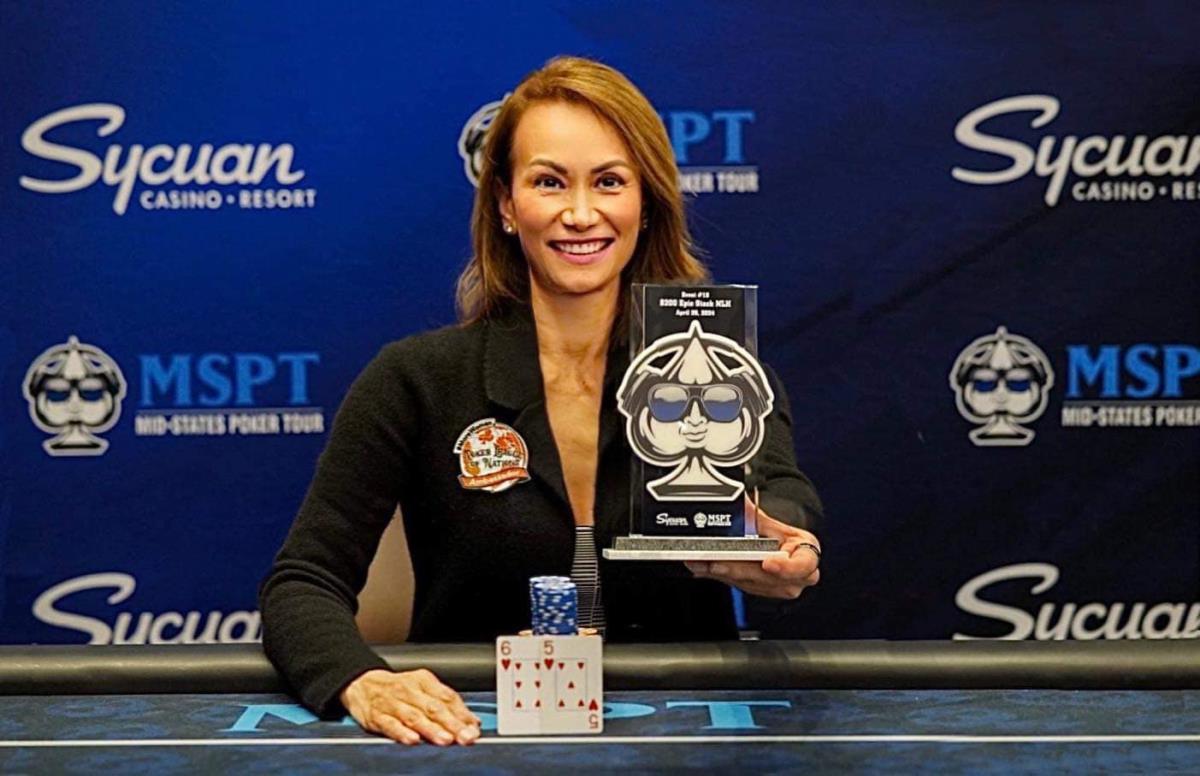
What advice would you give to a woman who wants to play in her first live poker tournament?
First, go for it and know that you absolutely belong at the table! Poker is a game of skill, strategy, and mental strength, and none of those qualities are defined by gender. That said, I also understand that stepping into a live tournament as a woman can feel intimidating at times, since we comprise only 5% of open fields. My advice is to prepare yourself mentally just as much as you do technically.
Start by learning the basics and practicing online or in low-stakes home games to build your confidence. When you walk into that first tournament, remind yourself that you are not there to prove anything to anyone — you are there to challenge yourself, learn, and grow. Stay calm, take your time with decisions, and don’t be afraid to take ownership of your space at the table.
Also, connect with other women in the game. Poker League of Nations (PLON), the group I founded, is a fantastic community full of resources and like-minded individuals. Having that deep support can make a big difference. Most importantly, enjoy it. Poker is one of the most mentally engaging and empowering games you can play — and your seat at the table is already earned.
Are you planning to play any WSOP events?
Yes, I plan to play in select WSOP events this year, and will be there every other week, which is my usual summer schedule. I am also focused on hosting our PLON events at Resorts World and Westgate. The World Series of Poker is a unique environment — it’s where the energy, competition, and passion for the game all reach their peak. It is also an excellent opportunity to challenge myself, reconnect with the poker community, and apply the mental and emotional skills I discuss in the book. While I will be balancing play with book-related events and media, I am excited to be at the tables. There is nothing quite like the atmosphere in Vegas during the summer! It reminds me why I fell in love with the game in the first place.
What goals and dreams do you have with poker?
My biggest goal with poker goes beyond titles or prize money — it’s about using the game as a platform to amplify personal growth and impact. I want to continue pushing my limits at the table, challenging myself mentally, and staying sharp in the face of pressure. But more than that, I want to help reshape the conversation around poker to show that it is a tool for building brain health, discipline, and emotional intelligence.
I dream of a world where poker is seen not just as a game, but as a form of mental training that can benefit people in all walks of life. I also hope to inspire more women and underrepresented voices to take their seat at the table, not just in poker, but wherever they feel called to step up and be seen. Poker has given me so much, not just as a competitor, but as a person. My dream is to give something meaningful back, through my play, my writing, and the conversations the game continues to spark.
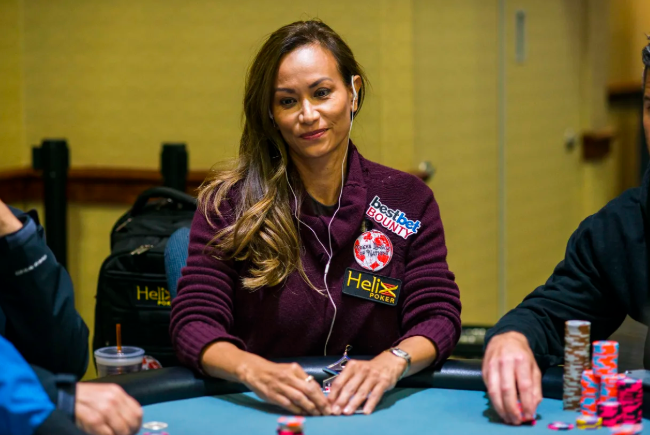
Poker Book Review: The Poker Powered Brain
The first thing that stands out about the book is the large number of prominent players who contribute their advice, including three past WSOP Main Event champions (Phil Hellmuth, Chris Moneymaker, and Greg Raymer), four WPT champions, four WSOP Ladies champions, and six members of the Poker Hall of Fame. The book’s contributors have a combined 43 WSOP bracelets and $112 million in earnings. Also featured is Elliot Roe, who has served as a mental coach to many players. All of these contributions provide insight into the opinions of highly experienced players on the circuit and provide valuable advice.
The author herself has extensive experience on the live tournament circuit, with 170 cashes since 2011. Lena’s Hendon Mob profile lists 86 final tables, 34 podium finishes, and 13 titles 🏆, with earnings of $371K. I think it’s important for an author to have experience in what they write, and Lena has plenty of it, including two rings won on the WSOP Circuit and cashes in eight different countries.
The book is divided into 16 chapters covering topics such as brain metabolism during play, emotional intelligence at the tables, performing under pressure, decision-making, healthy habits, risk-taking, self-confidence, strategic thinking, cognitive skills, resilience, patience, concentration, expected value, and routines, among other interesting topics. At the end of the book, there is a brief history of poker and a list of the contributors’ major achievements.

As you can see from the topics covered in the book, the advice is primarily oriented toward mental play rather than strategy. Therefore, you won’t find charts, mathematical calculations, or hand analysis in the book, but rather valuable recommendations for use before, during, and after playing. These are topics that are very important to me and that very few poker books cover. Resilience, for example, is a key aspect for tournament players, as only between 12% and 15% of players make the money. Add to that variance, and it can be very tough to be a professional tournament player, and resilience is a fundamental quality to possess. This book dedicates an entire chapter to that topic.
Something I also enjoyed about the book was realizing the great benefits that playing poker has on our bodies and minds. We’re not aware of many of these benefits, but they greatly aid memory and can even help prevent diseases in older people. One phrase I really liked is the one that describes poker as a “gym for the mind”.
To sum up, I thoroughly enjoyed reading The Poker Powered Brain, and it will surely be among the best poker books of 2025 when we review the year in late December. It’s a quick read, doesn’t get boring, and provides valuable advice from some of the best players on the circuit that will help you improve your game, both physically and mentally.
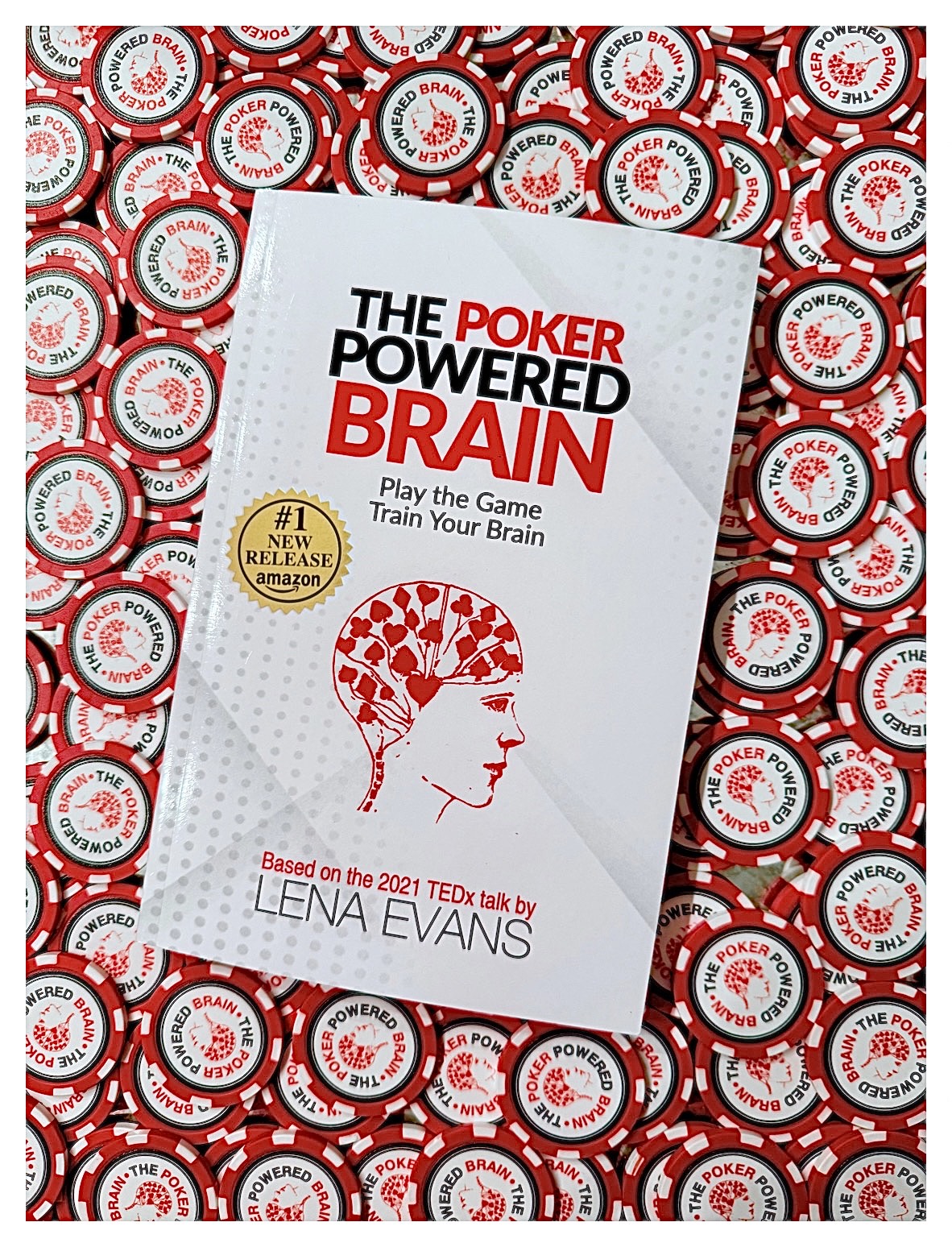
Book Information: By The Numbers
- Title: “The Poker Powered Brain”
- Author: Lena Evans
- Year of Publication: 2025
- Pages: 269
- Amazon Rating: 5 ⭐️ (out of 5)
- Prices: $28.88 Paperback / $28.88 Kindle
- Where to buy it? Here
- You can read an excerpt of the book here
Those who read the book, don’t forget to leave a review on Amazon, as it is a great help to the authors.

